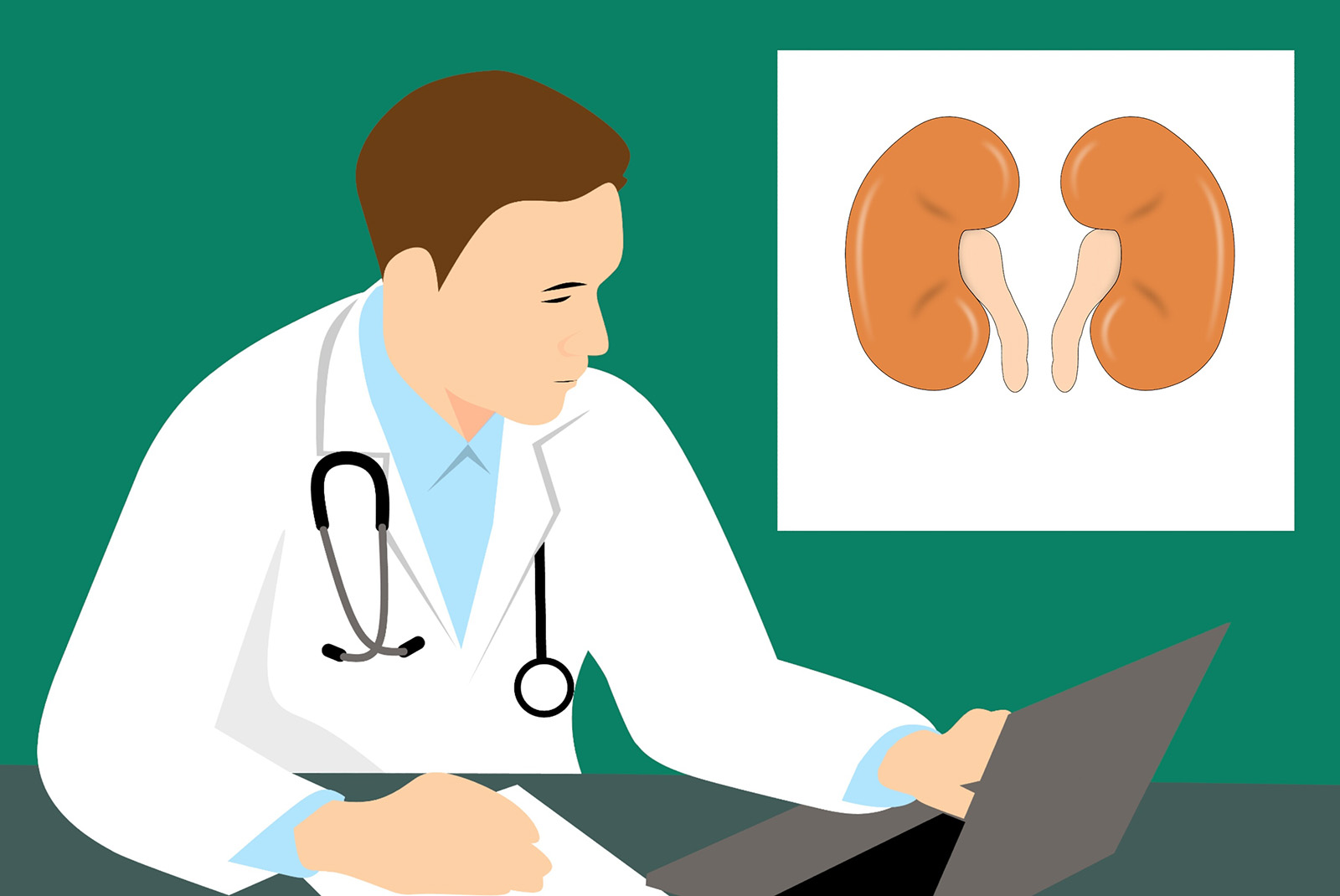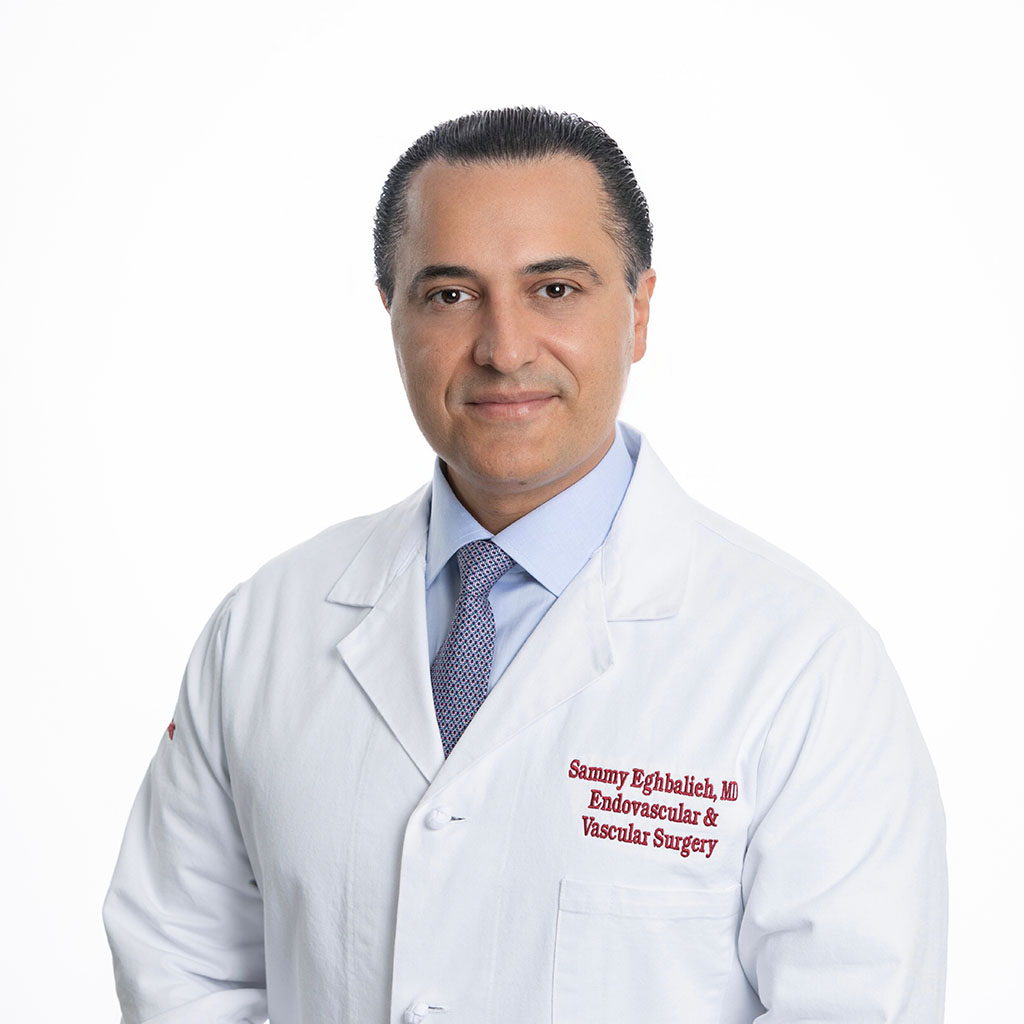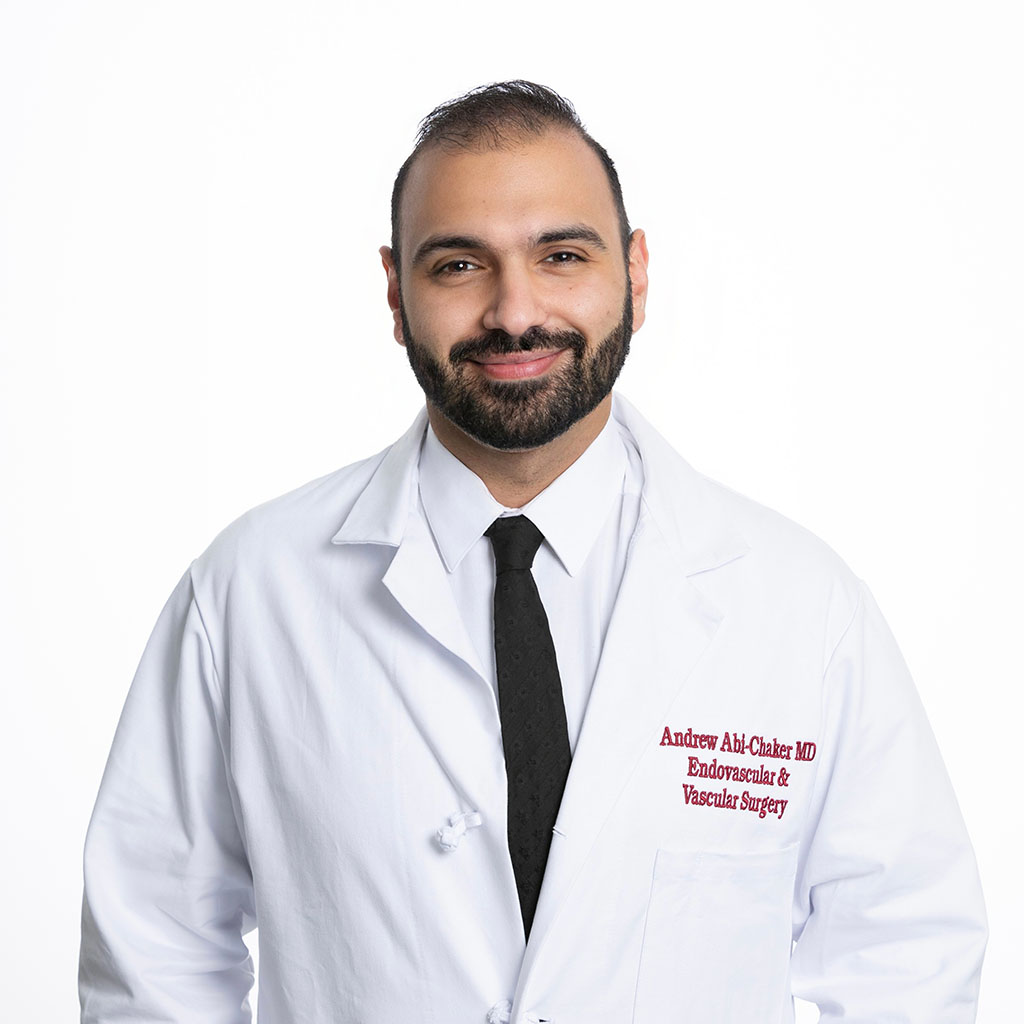Renal Artery Stenosis Los Angeles
Renal Artery Stenosis is often referred to as “RAS”
What are Renal Arteries?
Your renal arteries are the main arteries that provide blood to your kidneys. Sometimes patients develop a narrowing or blockage in one or both of their renal arteries. This narrowing or stenosis can prevent adequate blood flow from reaching your kidneys and preventing them from being able to filter waste products and remove additional fluid from your body. Since your kidneys are responsible for regulating your blood pressure, a blockage in your renal artery can cause the kidneys to think your blood pressure is too low and it may try to correct that. Patients with renal artery stenosis will often develop chronic high blood pressure or hypertension. If this continues over a long period of time it can eventually put a strain on your kidneys and the patient can develop kidney failure.
Renal Artery Stenosis Q & A
Narrowing or stenosis of the renal arteries can prevent adequate blood flow from reaching your kidneys and prevent them from being able to filter waste products and remove additional fluid from your body.
What Causes Renal Artery Stenosis?
There are 2 causes of renal artery stenosis. More than 90% of the time the stenosis is caused by plaque buildup or atherosclerosis, similar to the process that happens in coronary artery disease or peripheral artery disease. High cholesterol is the leading factor behind stenosis, cholesterol fat deposits in your blood can build up in the blood vessels and lead to plaque formation that can block blood flow to your vital organs. Another cause of renal artery stenosis is called fibromuscular dysplasia or FMD. FMD is a rare abnormal growth that occurs in the renal artery. It can resemble a string of pearls under x-ray. FMD is most commonly seen in women and younger patients.
What are the risk factors for Renal Artery Stenosis?
- Hypertension or “high blood pressure”
- Old age
- Obesity
- Family history
- Female
- History of smoking
- Diabetes
- High cholesterol
- Chronic Kidney Disease (CKD)
- Coronary Artery Disease (CAD)
- Peripheral Artery Disease (PAD)
What are symptoms of Renal Artery Stenosis?
In some cases, you may not experience any signs or symptoms. Renal artery stenosis is oftentimes found during a different examination for a separate issue. When symptoms are seen, these are the most common symptoms:
- Uncontrolled hypertension or high blood pressure
- Headache
- Fatigue
- Trouble sleeping
- Edema
- Changes in urination
- Loss of appetite
- Muscle cramps
- Shortness of breath
- Reduced kidney function
Treatment Options for Renal Artery Stenosis (RAS)
Renal artery stenosis can be diagnosed with several types of imaging: CTA, MRA, angiogram or duplex ultrasound. It can also be confirmed with physical examination and kidney function testing. Depending on the severity of your stenosis you may be offered medications and lifestyle modifications for mild renal artery disease. For more severe cases you may require a surgical approach.
The following are surgical treatments for RAS:
- Angioplasty and/or stenting: A procedure where your physician will access your artery through a hole or small incision in your groin or wrist and use x-ray and dye to place a balloon and/or stent. This is the most common treatment for renal artery stenosis and is a minimally invasive procedure. After the procedure you may be required to stay on blood thinners to make sure your stent stays open while it heals.
- Bypass surgery: During this procedure, you will be under full anesthesia and a surgeon will use a bypass graft or another blood vessel from your body to reroute blood around the blockage and restoring flow to your kidneys.
- Renal endarterectomy: This is a procedure where the surgeon will cut open your renal artery and remove the plague from the artery, then place a surgical patch and suture the artery back closed. This is an invasive open surgery.
If you have been diagnosed or believe you may have renal artery stenosis contact our office to schedule an appointment, call 818-900-6480.
Our Vascular & Endovascular Surgeons
It's important to remember not all physicians are trained in advanced vascular and endovascular surgery. It’s a good practice to get multiple opinions and do research on the surgery and the physician.
Make an appointment at SCMSC
We look forward to welcoming you
Schedule an evaluation with Dr. Eghbalieh or Dr. Abi-Chaker at Southern California Multi-Specialty Center.






